EHHS culinary teacher Mrs. Heather Profetto’s experiences immediately bring the word “minority” back to prehistoric times. She explains: “If you go all the way back to the beginning of cave people, the men hunted and the women prepared the food. The so-called great chefs of Europe pushed the women out of the profession.” She admits that her definition is based on her own experiences. So, what are EHHS’s other definitions of this important word?
A minority can be defined in many different ways depending on the circumstances, the people, or the societal pressures. According to the Merriam-Webster dictionary, a minority can be defined as “the smaller in number of two groups constituting a whole,” “the smaller quantity or share,” “the group or political party having the smaller number of votes,” or “the period before a person reaches the age of majority.” Even more importantly, individual people form their connotations or ideas related to a word based on their personal experiences. From an anonymous survey of about 100 EHHS students, many of these points rang true. But there seemed to be so much more to their connotations. What does being a minority truly mean? It means groups of people, lesser representation, discrimination, those not from America, not belonging, culture, religion, being underage, and so much more. Some responders also noted that they did not even know how to define it.
EHPS Superintendent Erica Forti shares that a minority is an “unrepresented group of individuals in an institution, organization, or community.” Minorities are not only featured in society; rather, they are always around us. No matter where you are, there is always a group of people who could be labeled as a minority.
To be a smaller group of people means to share certain characteristics that allow you to connect with others who are similar. One EHHS student stated in their response, “I would define a minority as a group of people viewed as lesser and not of as great importance as a larger group just because they are small. I think people create minorities based on things like race, religion, or even based on an opinion you have.” One student expressed how individuals in the minority are “minor in population.” A minority group can “share a sense of identity” from their religion, ethnicity, nation, or even their “linguistic group.” MLL/ESL teacher, Mr. Michael Hickey, would also agree, as he states that multilingual students are a large [group] in our environment at EHHS. Most EHHS students who responded agreed that this sense of identity, however, still puts this group of people in a lesser place in society.
The consensus among EHHS students and staff was that minority groups are often underrepresented, overlooked, or even mistreated. To be underrepresented means that identities are not being given the attention or respect that they deserve. This can follow many different groups of people, ranging from race to sexual orientation and many things beyond that. One EHHS student stated that minorities are at a “particular disadvantage because of possible misunderstandings [and] bigotry.” Having these misunderstandings between the groups makes perceiving them a bit more difficult, as digesting those who are different forces people to break out of their box and learn something new. In EHHS, some people reported feeling they still didn’t belong there. English teacher Mrs. Ashley Bogart states that in EHHS as well, “I still think that there are groups that are not represented.” Most responders seemed to agree that underrepresentation of minority groups can lead to hateful acts against them due to discrimination.
Discrimination is the act of hating someone based on their identity, usually revolving around race, ethnicity, gender, sexual orientation, and more. One student states that minorities are those who fall under the categories of “Black, Asian, Spanish, etc. People discriminated against [with different] cultures.” Due to these factors, many of these people feel they cannot speak out about this issue. Another student stated that minorities are “someone who’s left out, who gets no say. They have a smaller opinion.” Smaller so often means not as important or not as impactful.
In discussing the topic of minority groups, it is important to consider: is it beneficial or harmful to classify a group as a minority? Sophomore Mallory Boney, stated, “I think it can do good and bad. It can add by creating some sort of community and unity within these minorities but can be bad by possibly making these people feel excluded from society.” In other words, the productivity of minorities truly depends on the lens through which they are looked at. When looking from an positive perspective, minorities allow groups of people with similar characteristics and identities to come together and create new relationships with people like them. However, from a negative perspective, categorizing people based on their traits creates an invisible barrier between those who are marginalized and those who are marginalizing them. Similarly, Superintendent Forti says,
“Although grouping people may not [be] “productive,” the diversity is something that should be utilized more, whether in society or [a community].”
With a sense of community, minority groups know that they have people behind them and those who can understand and help fight against the issues that minorities face.
Although minorities are a very tough subject to cover, finding representation is just as difficult. In modern media, the world has gotten a lot more accepting of different kinds of minorities, however, there’s so much to cover, that not every mark is checked. Is it the role of a society to let these minorities know that they are seen and that they are heard?
In Comet reporter, Ana Romero’s article about Hispanic Heritage Month, she learned that many Hispanic students at EHHS lose their sense of cultural identity as they become a part of the EHHS community. So we have to consider if the EHHS community doing enough for our minority students.


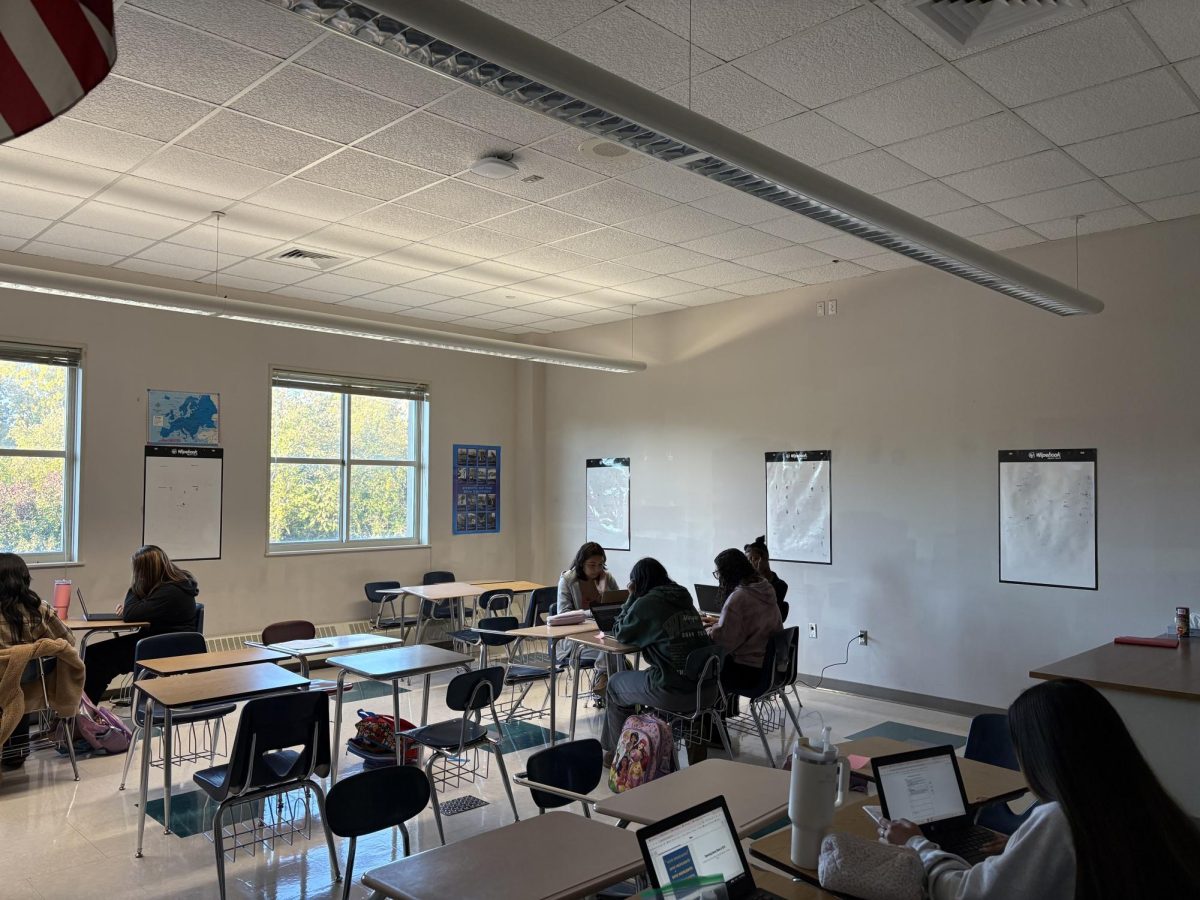
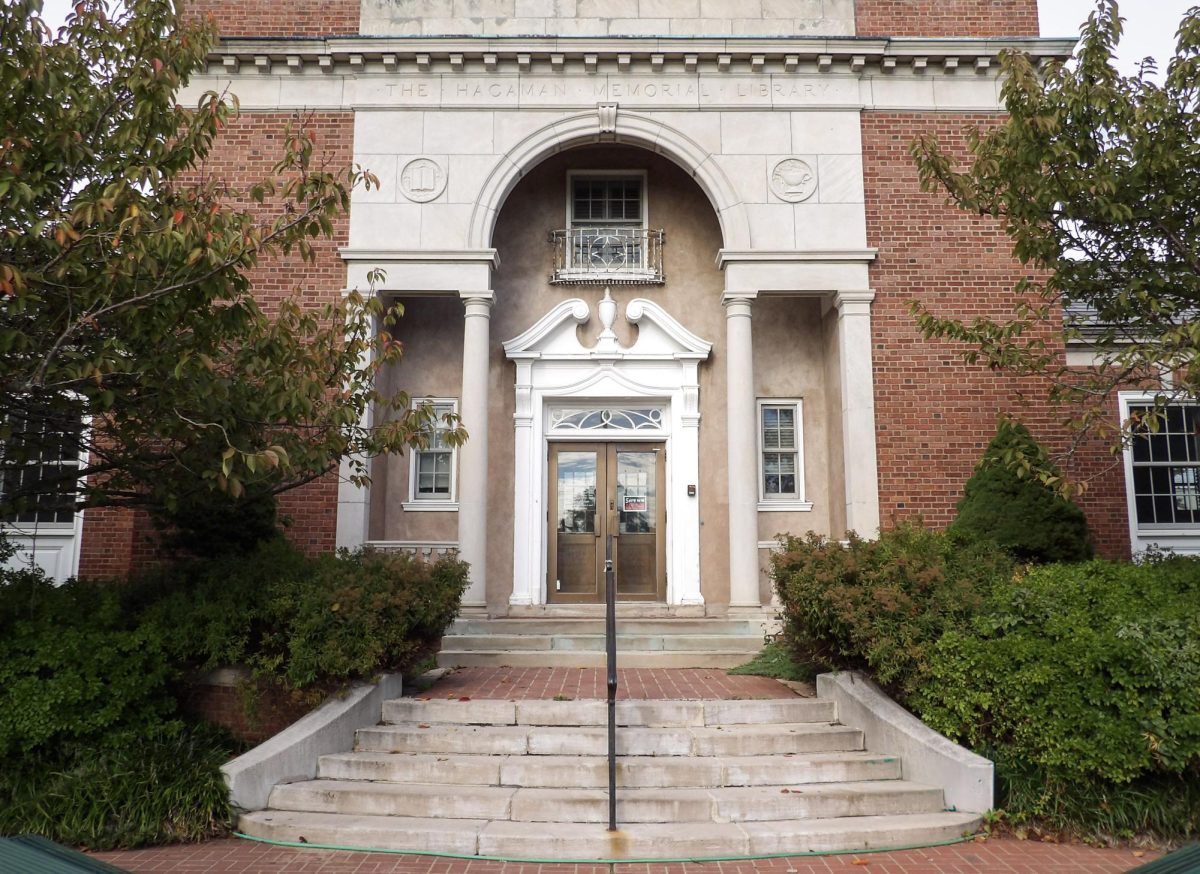
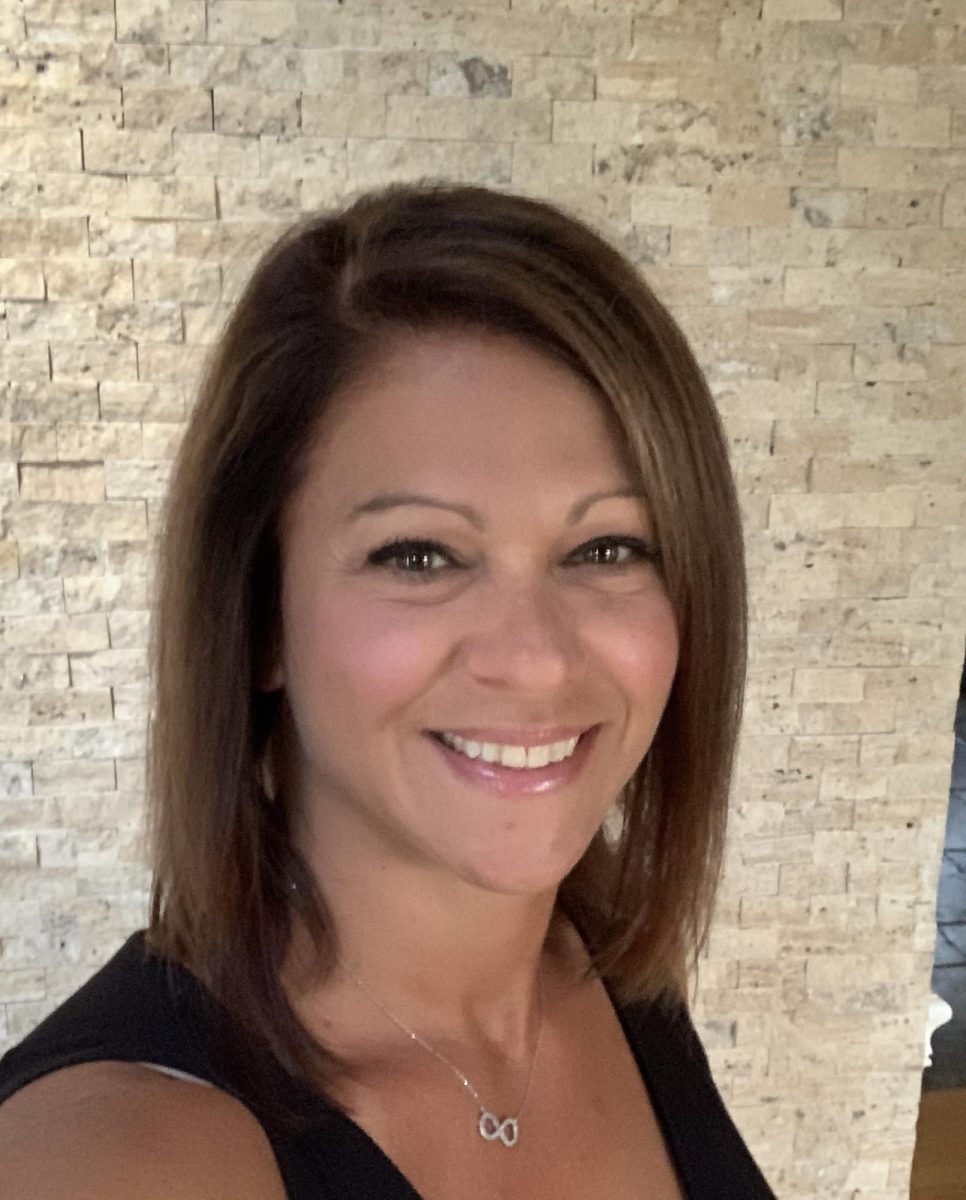

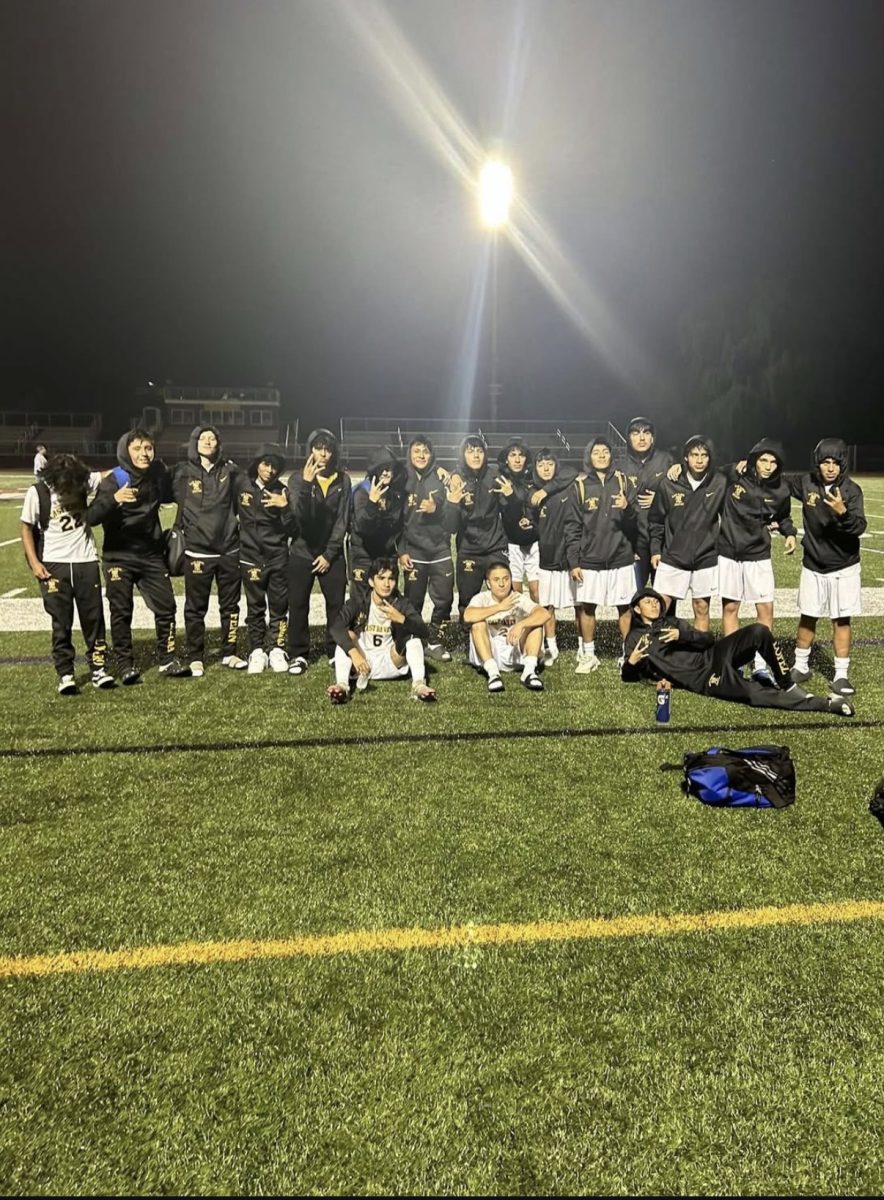
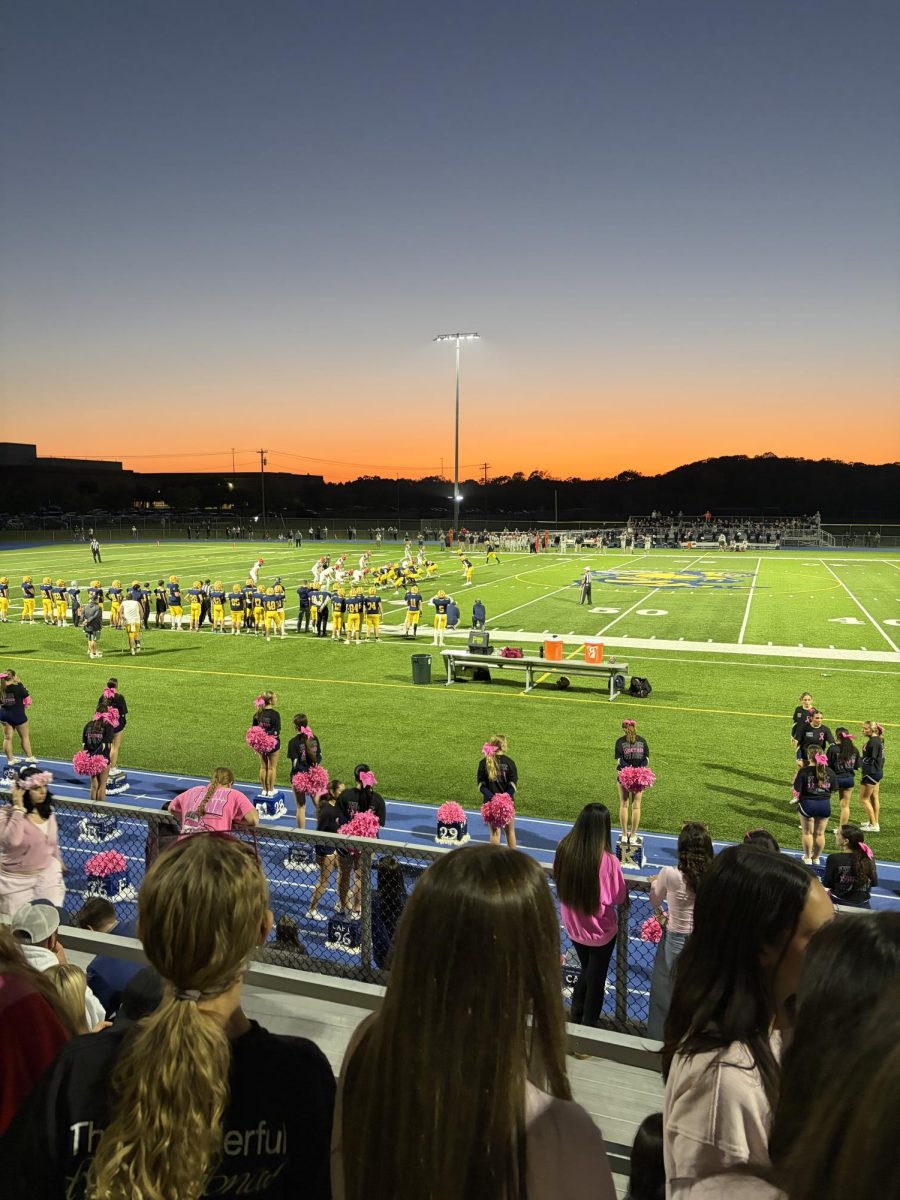
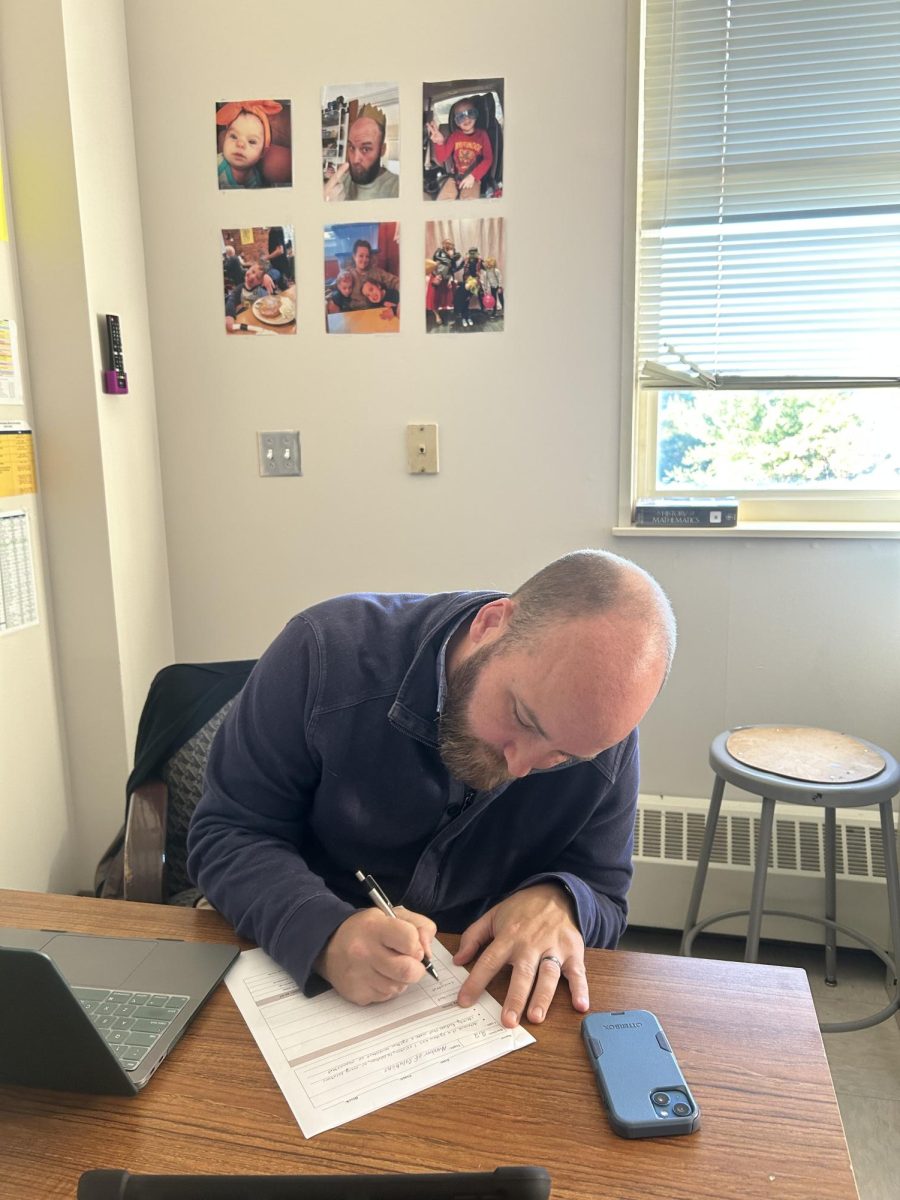
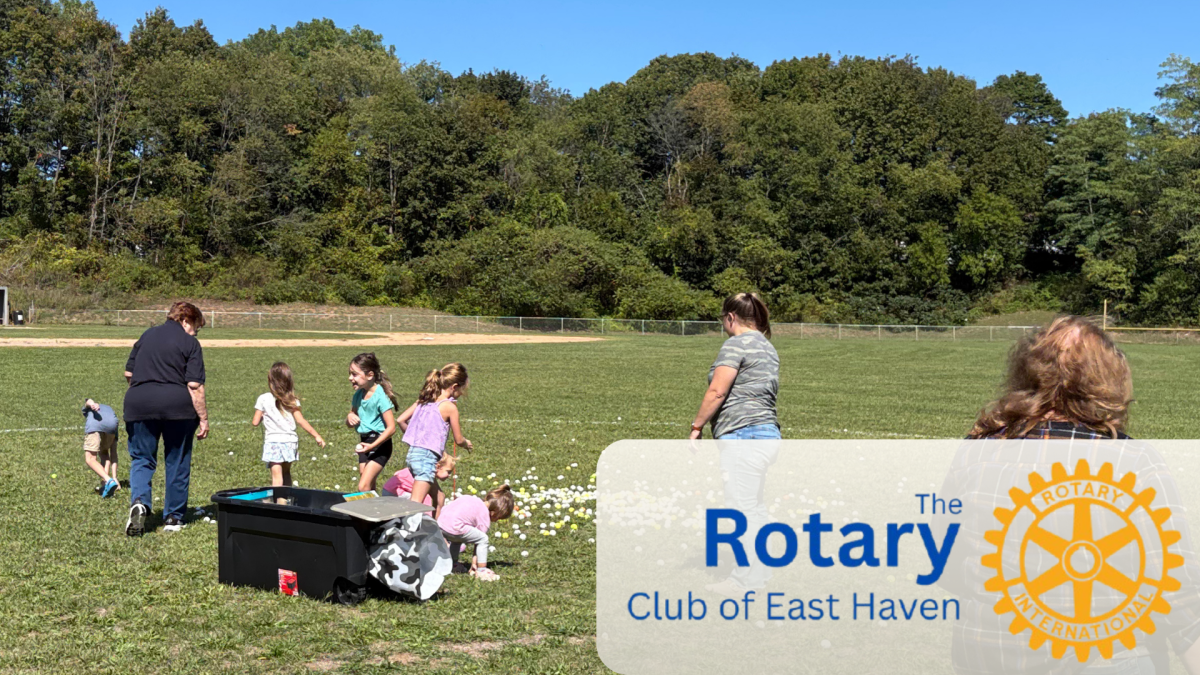


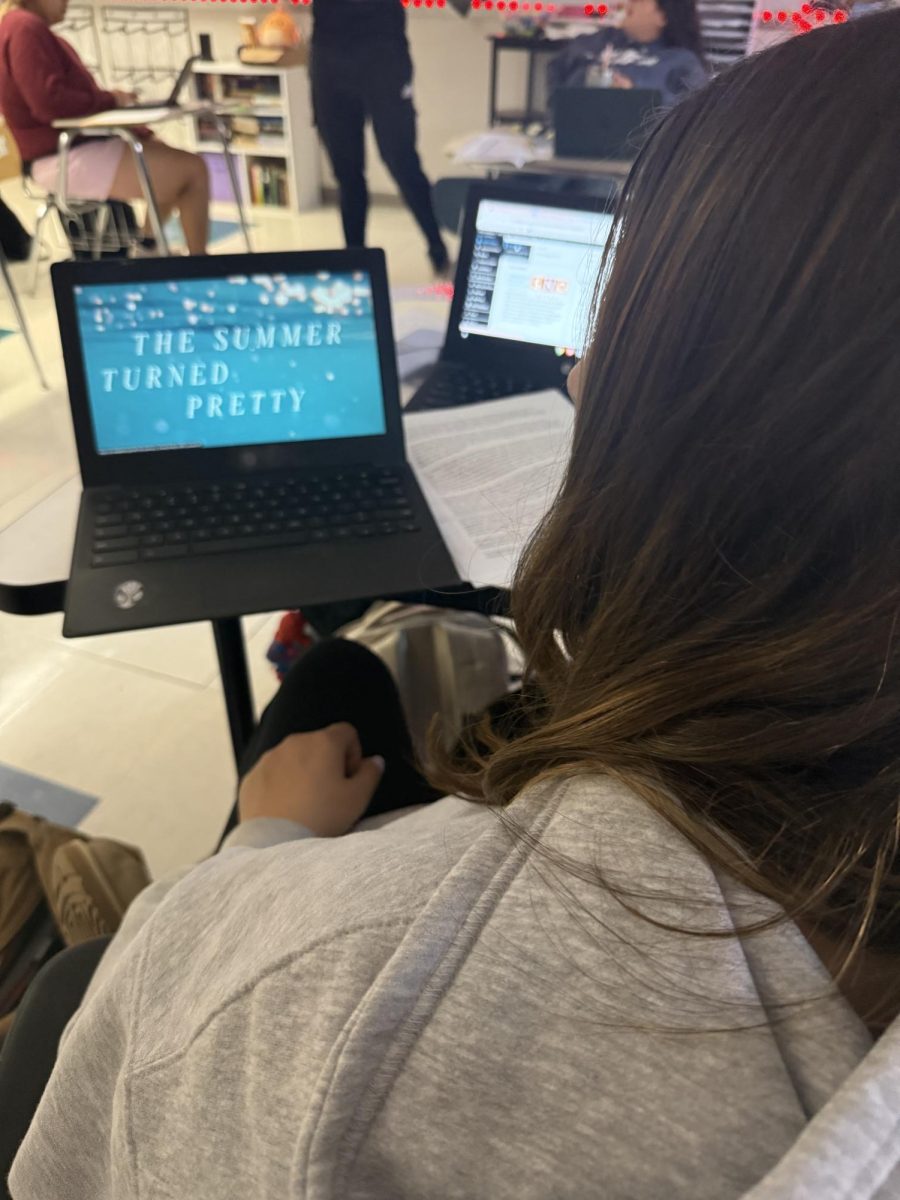

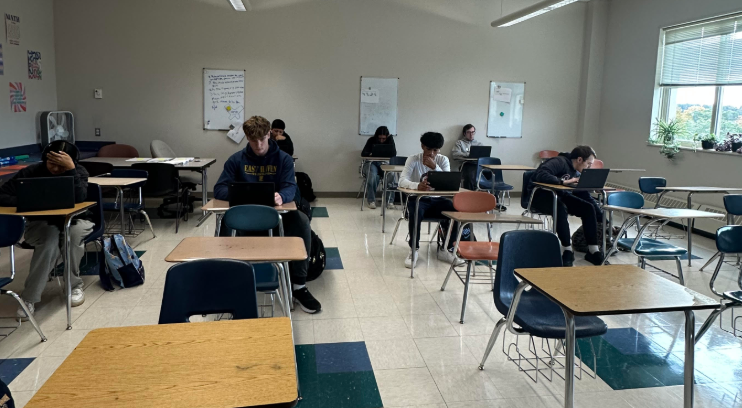


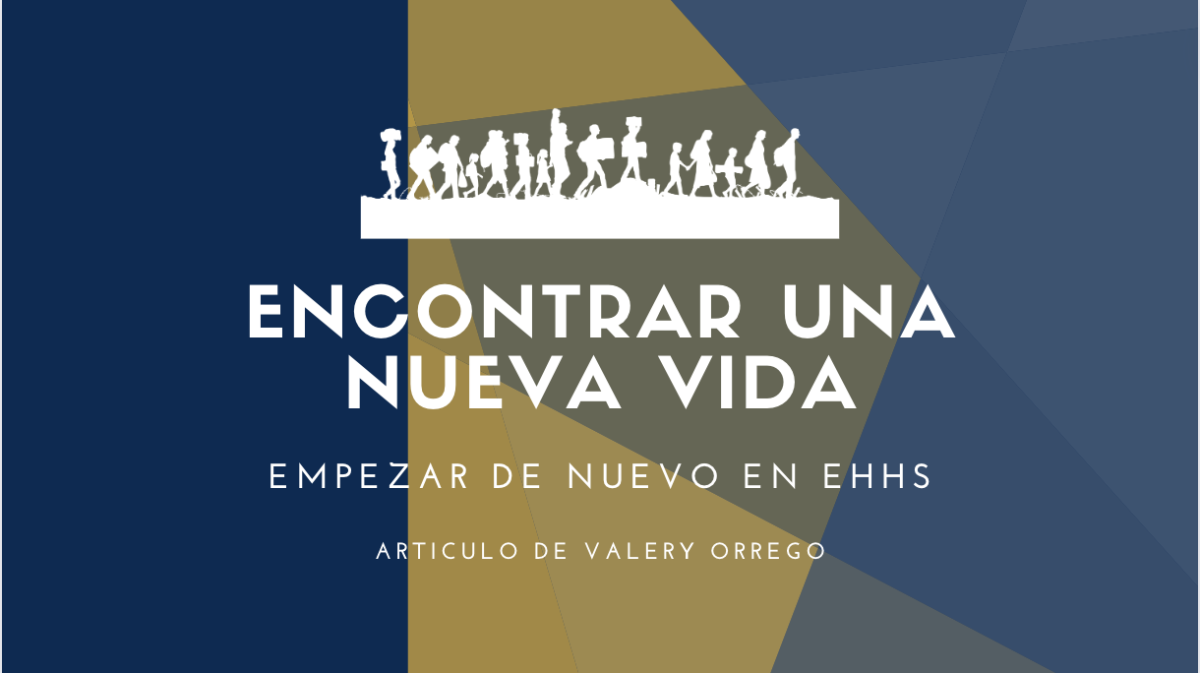


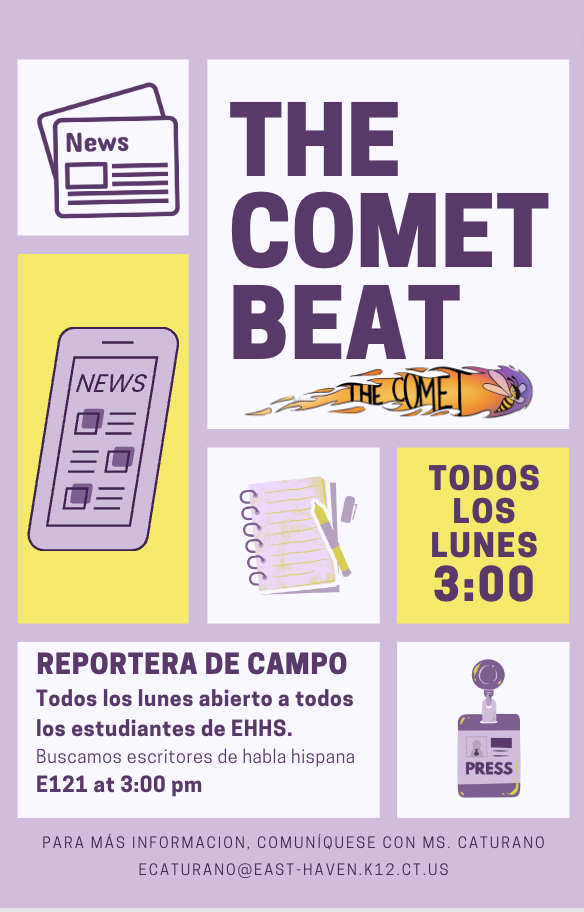



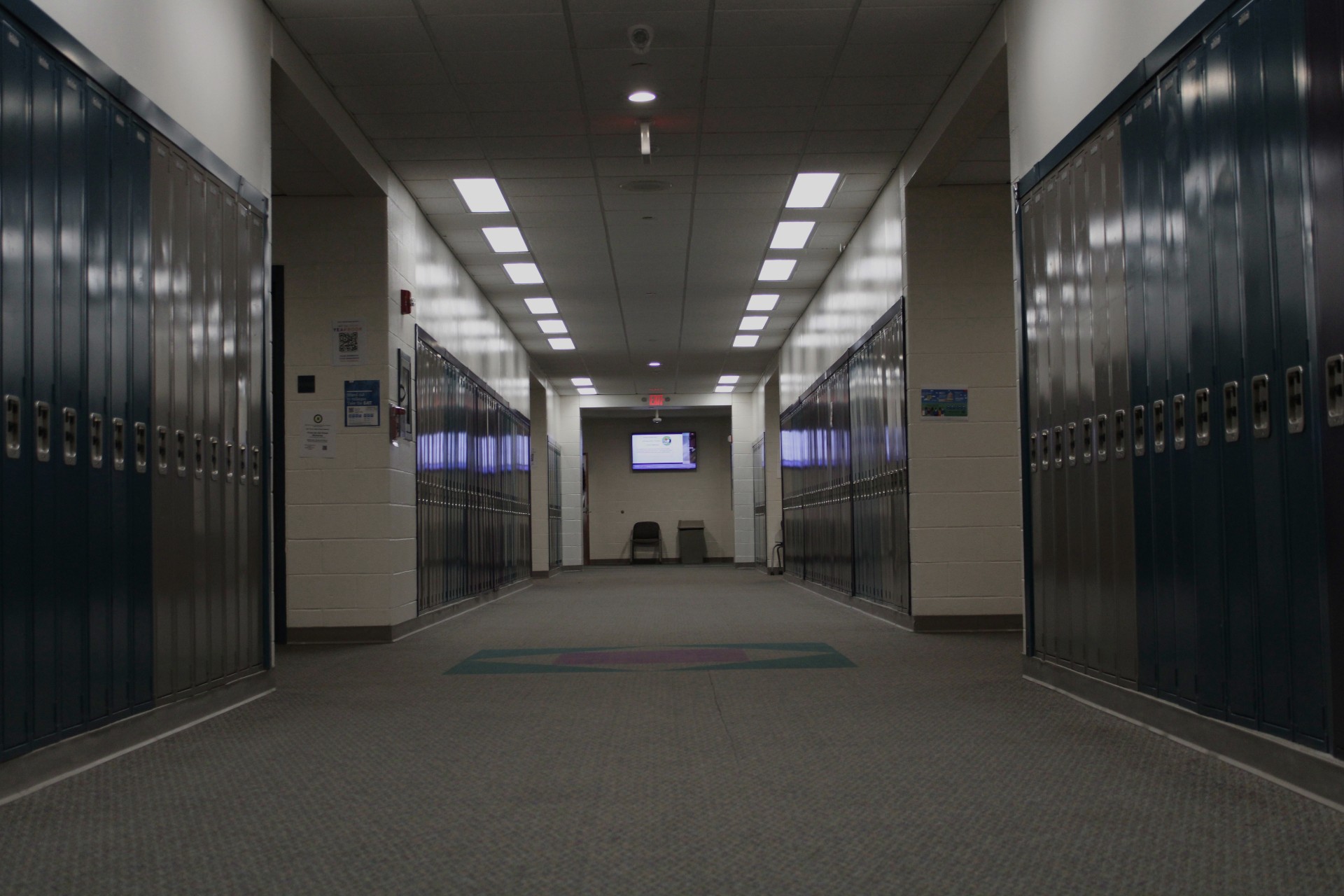

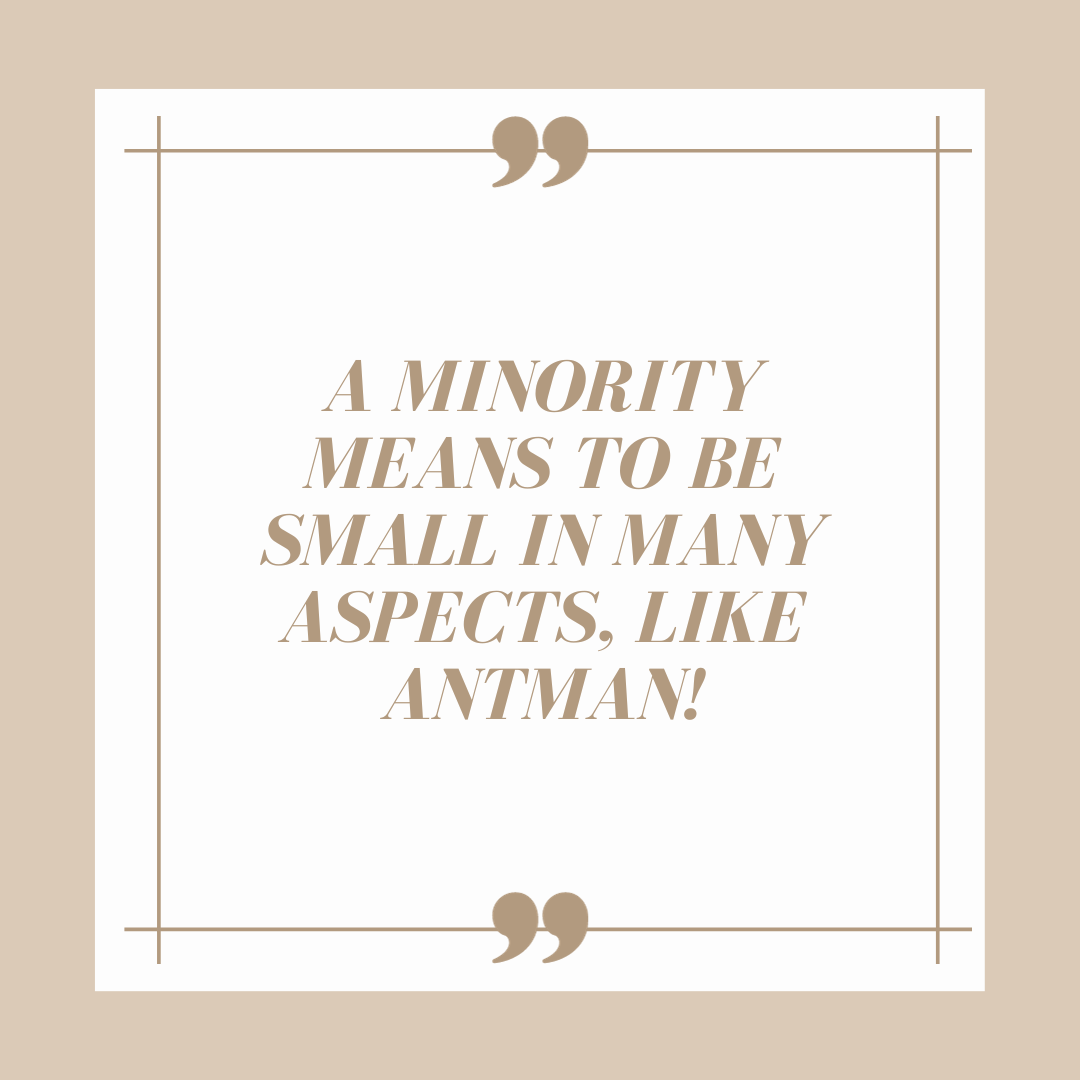
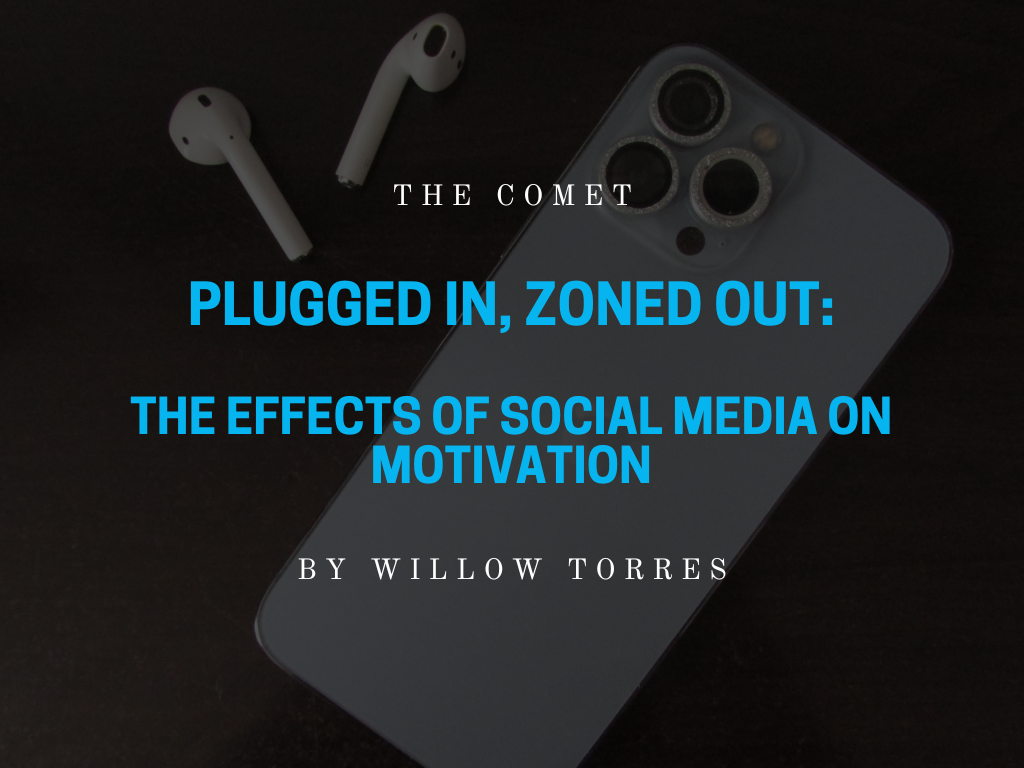
Chef P • Dec 13, 2023 at 10:48 AM
Great job covering a tough topic